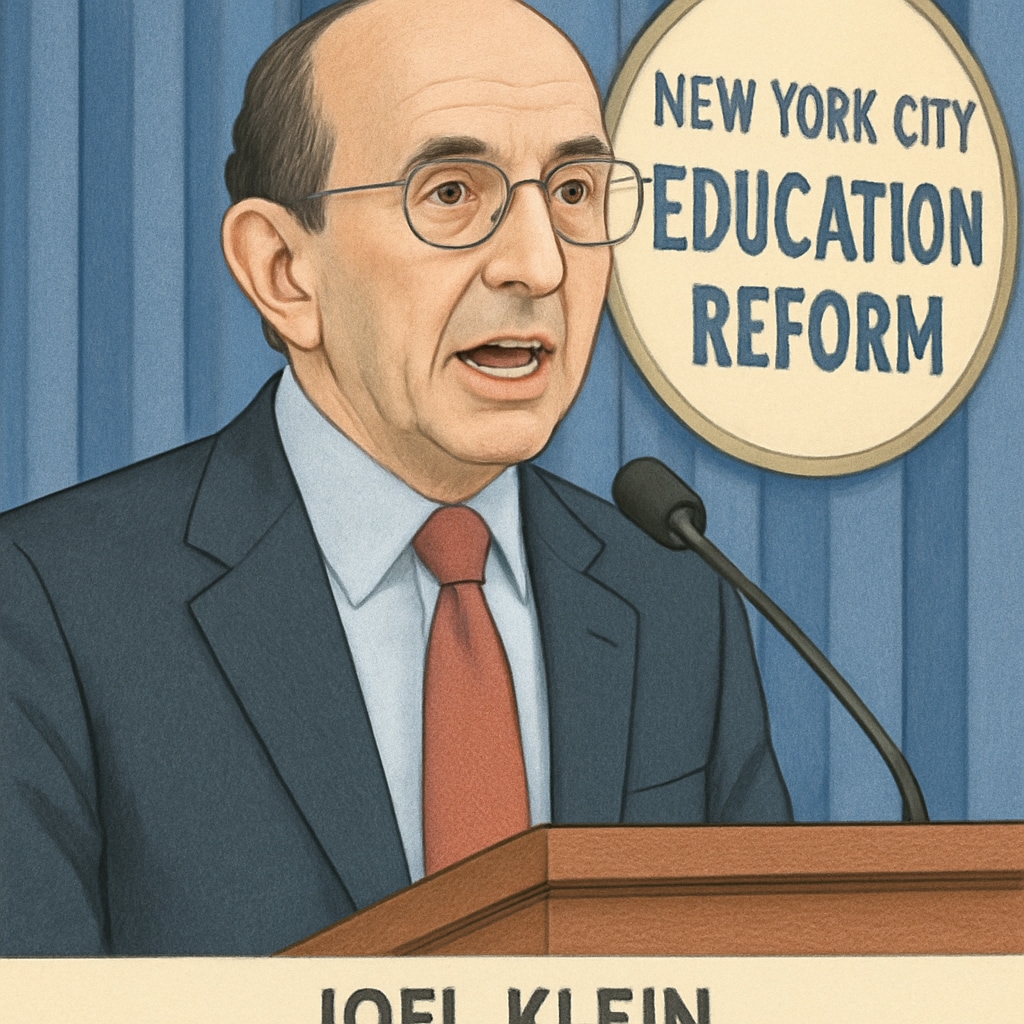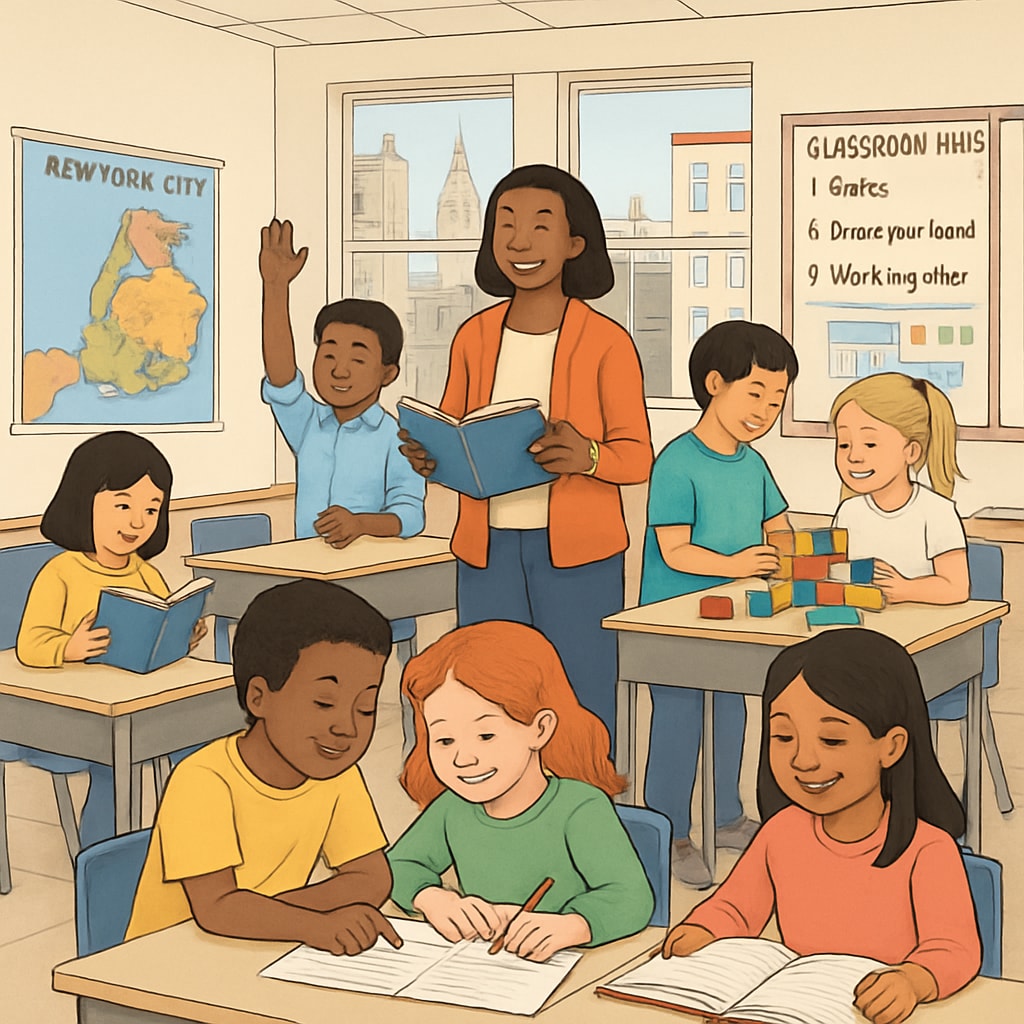The intersection of politics and education is a critical topic in New York City, where the upcoming mayoral election could have profound implications for the city’s K-12 education system. Joel Klein, a former NYC Schools Chancellor, has long emphasized the importance of leadership in driving education reform. As the city gears up to elect its next mayor, questions arise about how political change could reshape the nation’s largest public school system and its nearly one million students.
Lessons from Joel Klein’s Legacy
Joel Klein’s tenure as NYC Schools Chancellor (2002–2010) serves as a benchmark for understanding how leadership impacts education. Under his guidance, the Department of Education implemented significant reforms, including the introduction of charter schools, accountability measures, and a focus on teacher performance. Klein’s approach, often controversial, demonstrated the power of centralized decision-making in addressing systemic challenges.
His insights remain relevant today, as he continues to advocate for policies that prioritize student outcomes over bureaucratic procedures. According to Klein, effective education reform requires bold leadership and a mayor who is deeply invested in the success of public schools.

Key Issues in the 2023 Mayoral Election
The upcoming NYC mayoral election has brought education to the forefront of political discourse. Candidates are being asked to present their visions for addressing persistent issues such as overcrowded classrooms, teacher shortages, and achievement gaps. The stakes are high, as the next mayor will inherit a system still recovering from the disruptions caused by the COVID-19 pandemic.
Some of the key education-related topics in the election include:
- School Governance: Whether to maintain mayoral control of schools or shift towards a more decentralized model.
- Equity and Access: Strategies to close the achievement gap for students from underserved communities.
- Charter Schools: Balancing the expansion of charter schools with the needs of traditional public schools.
- Teacher Support: Addressing burnout and ensuring competitive salaries to attract and retain talent.
Each candidate’s stance on these issues will likely determine how they are received by educators, parents, and students alike.

The Future of NYC Schools: What’s at Stake?
The outcome of the mayoral election will set the tone for NYC’s education system for years to come. A new administration could either build on past reforms or take the city in a radically different direction. For example, a mayor who supports expanding charter schools might face pushback from teachers’ unions, while one who prioritizes traditional public schools could encounter challenges in addressing parental demand for school choice.
In addition, the next mayor will need to work collaboratively with state and federal governments to secure funding and resources. The pandemic has highlighted the urgent need for investment in technology, mental health services, and infrastructure. As a result, the political will to prioritize education could make or break the city’s ability to meet these needs.
Joel Klein’s experiences remind us that leadership matters. While policies are important, the vision and determination of a city’s mayor can galvanize communities and drive meaningful change. The question remains: Will the next mayor rise to the challenge?
Final Thoughts: The NYC mayoral election is more than a political event; it is a turning point for education. By examining the lessons of the past and the challenges of the present, voters can make informed decisions that will shape the future of NYC schools for generations to come.
Readability guidance: This article uses concise paragraphs, clear subheadings, and lists to improve readability. Transition words like “however,” “in addition,” and “for example” are used throughout to guide readers. Passive voice is minimized, and sentence length is carefully managed to maintain engagement.


